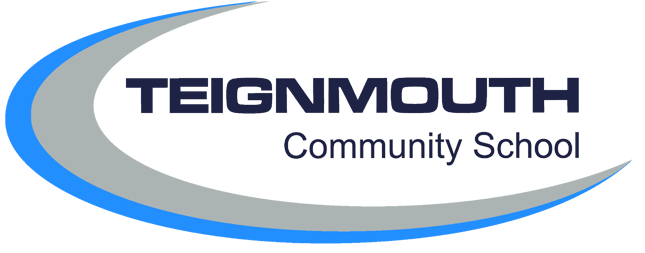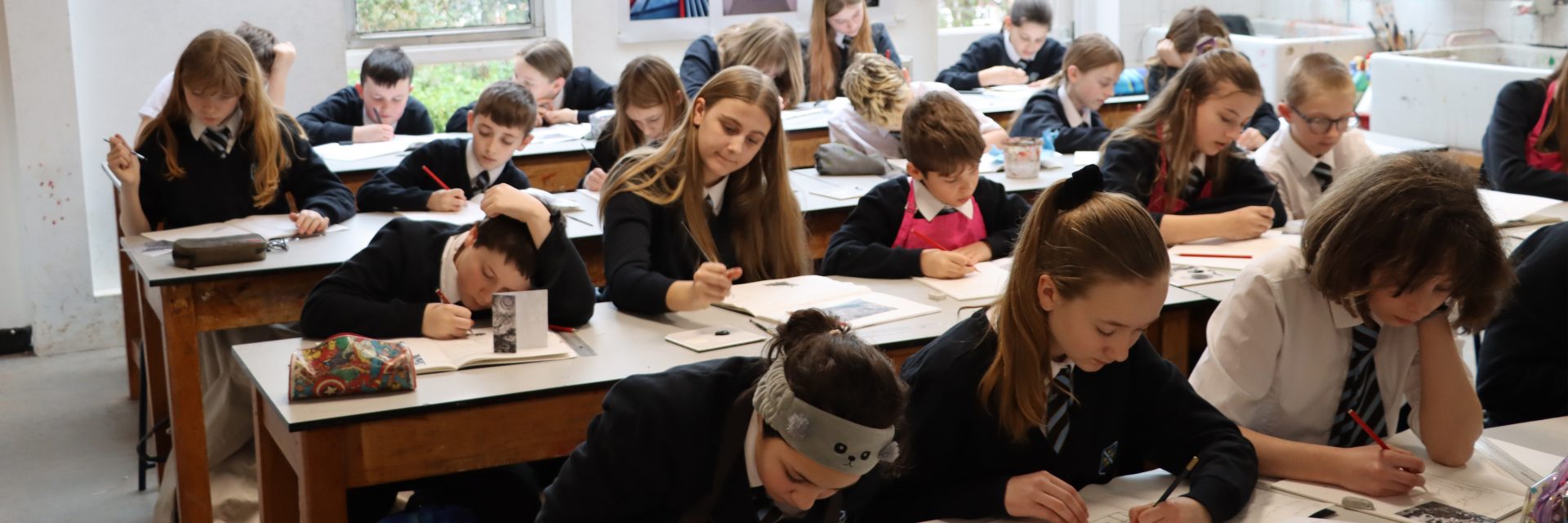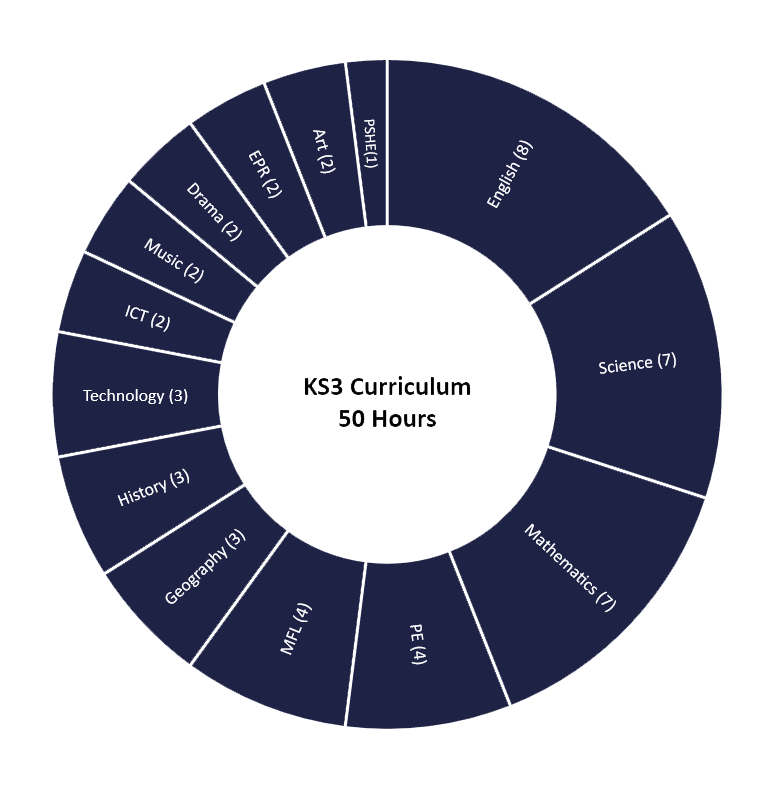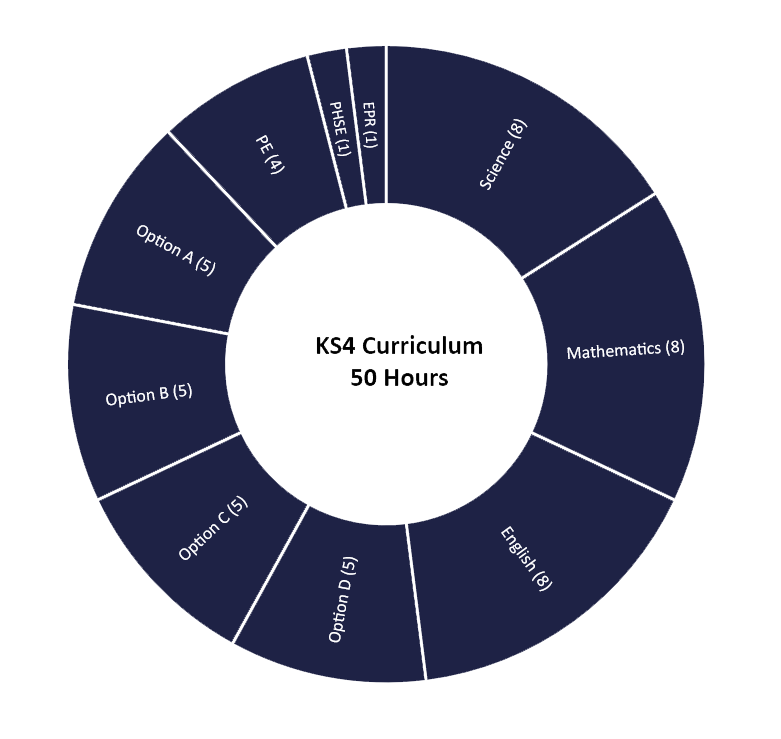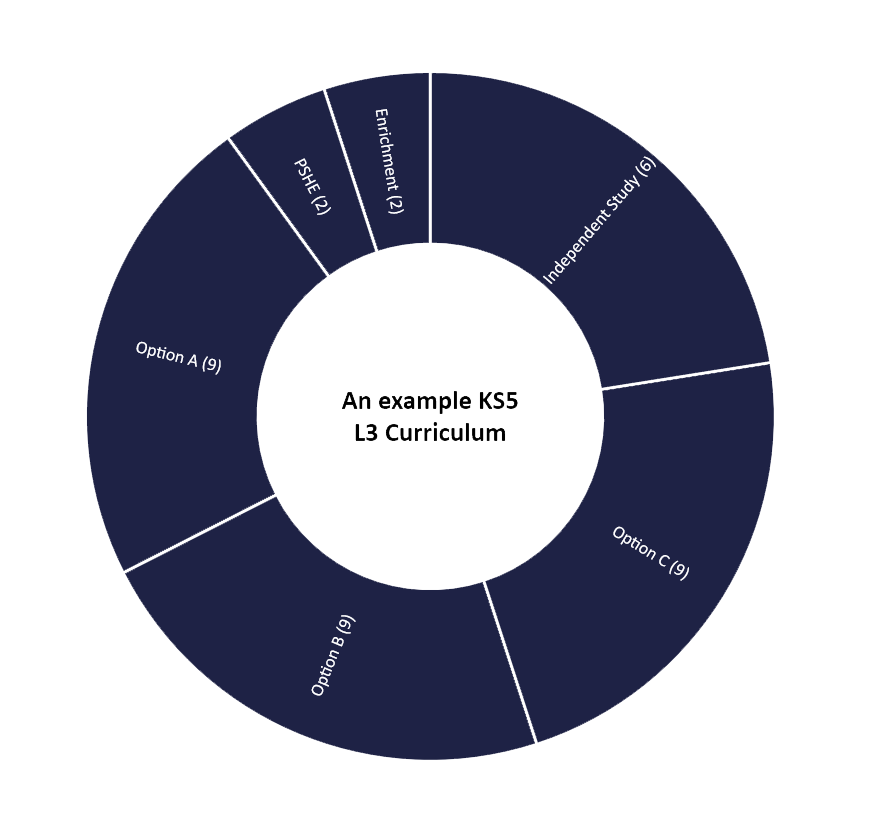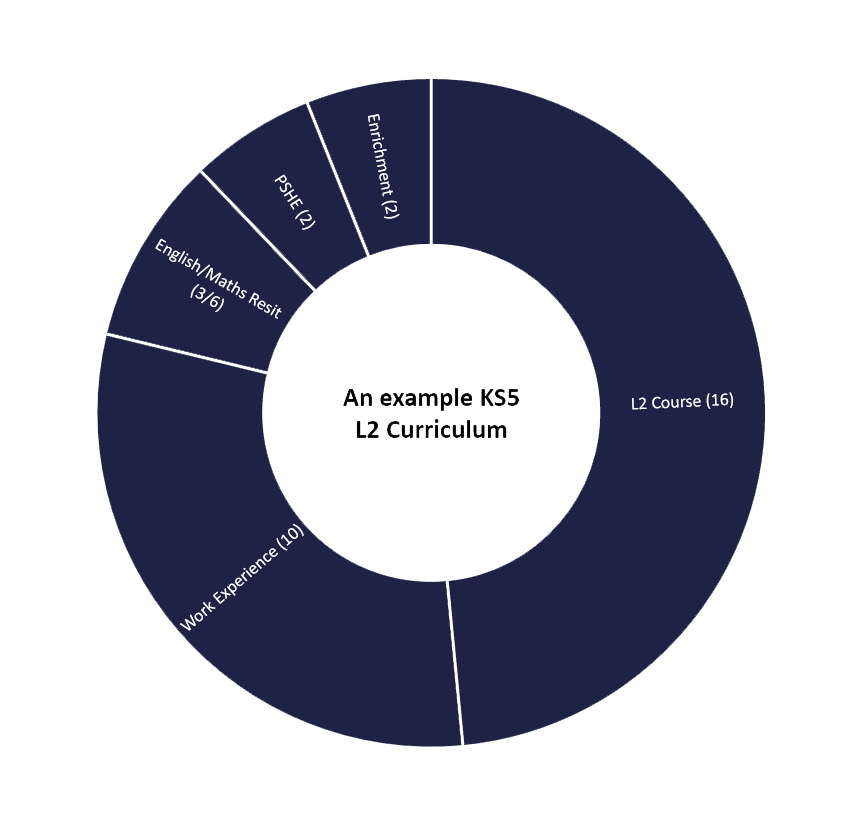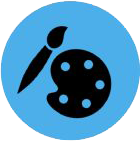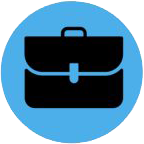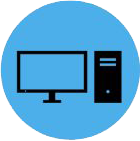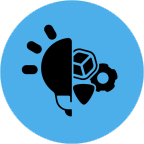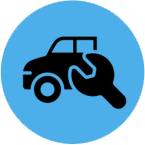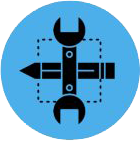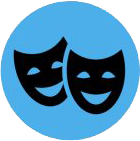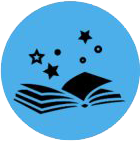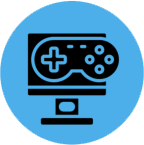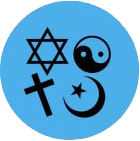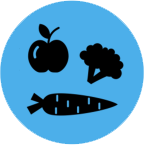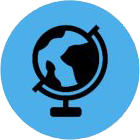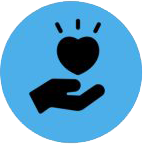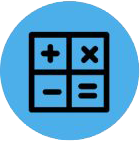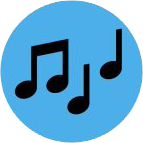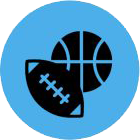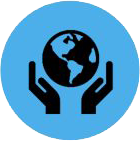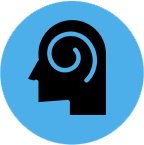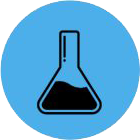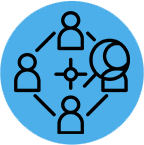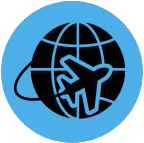Our curriculum is designed to inspire and challenge, enabling all students to become the best version of themselves. Students will develop skills and embed the depth and breadth of knowledge required for them to achieve exceptional personal and academic outcomes, including meeting the requirements of the National Curriculum.
The subject knowledge gained by our students allows them to develop and grow and provides a foundation for achieving success. Content is sequenced so that it builds on and returns to prior learning at regular points. It supports and enables all our students to join in and thrive in the next stage of their learning and make informed choices empowering them to access a range of pathways to the future. Our teaching staff strive to continually develop and deliver challenging lessons that encourage and motivate our students. It is of paramount importance that our students are equipped with the knowledge and skills to make decisions for themselves and a meaningful and rewarding contribution to our local community or the wider world in adulthood.
Our offer is underpinned by a variety of learning experiences and wider opportunities that help prepare our students for success in the future and their chosen careers. These opportunities are delivered through taught subjects but also through the extensive range of extra curricula opportunities and activities that give our students access to learning experiences outside the classroom, within the local community and with the world of business and enterprise.
To find out more about our curriculum, please email enquiries@teignmouthschool.co.uk

